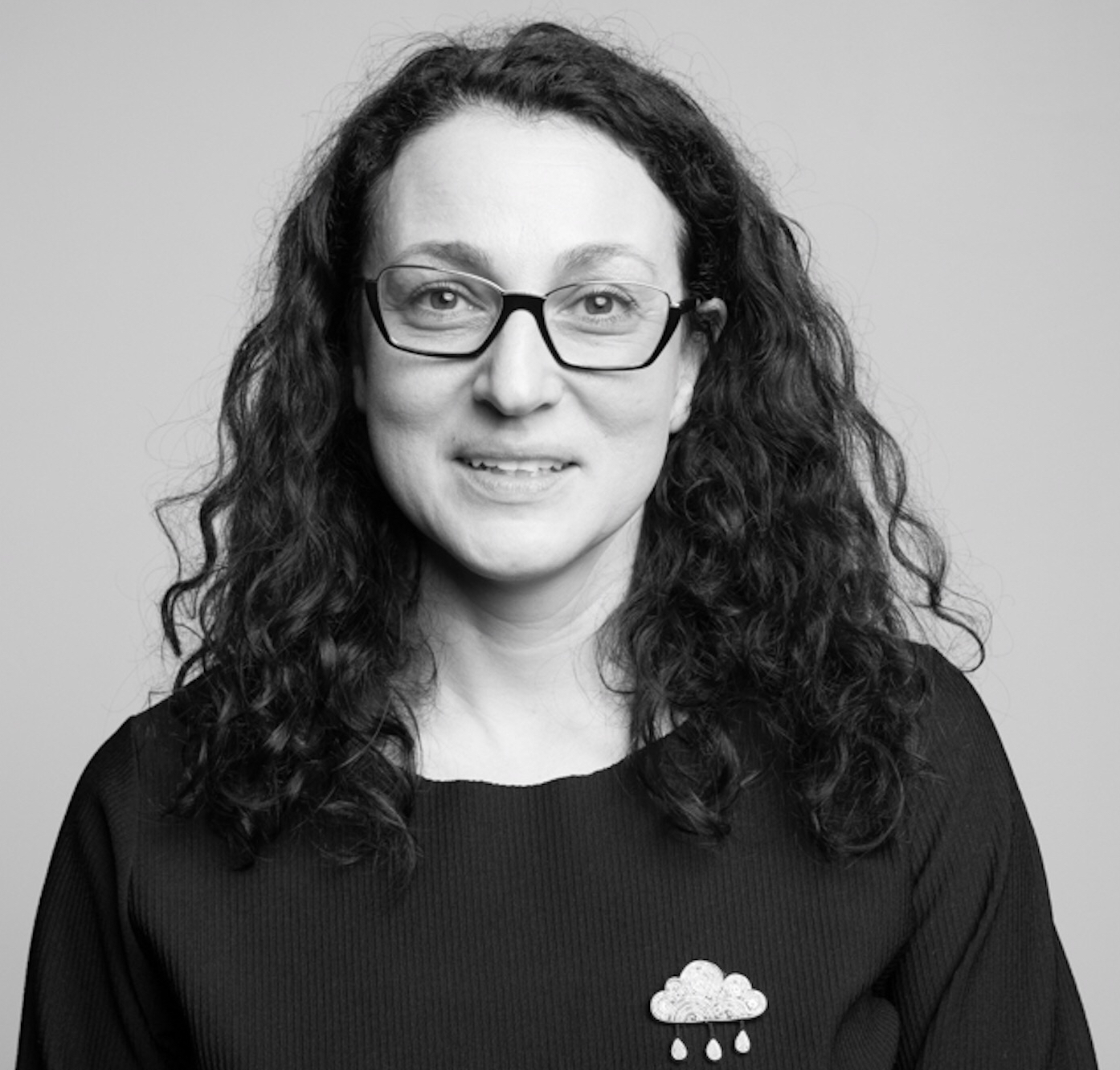Meet the new BIFOLD Fellow Julia Stoyanovich

Julia Stoyanovich is an Institute Associate Professor of Computer Science and Engineering at the Tandon School of Engineering, Associate Professor of Data Science at the Center for Data Science, and Director of the Center for Responsible AI at New York University (NYU). Julia’s goal is to make “Responsible AI” synonymous with “AI”. She works towards this goal by engaging in academic research, education and technology policy, and by speaking about the benefits and harms of AI to practitioners and members of the public. Among other things, she is very well known for co-authoring “We are AI”, a comic book series for the general audience that supplements a public-education course by the same name, and “Data, Responsibly”, an award-winning comic book series for data science enthusiasts.
Julia’s research focuses on responsible data management and analysis: on operationalizing fairness, diversity, transparency, and data protection in all stages of the data acquisition and processing lifecycle. She also works on management and analysis of preference data, and on querying large evolving graphs.
In addition to academic publications, Julia has written for the New York Times, the Wall Street Journal, the LA Times, and Le Monde. She has been teaching courses on responsible data science and AI to students, practitioners and the general public. Julia received her M.S. and Ph.D. degrees in Computer Science from Columbia University, and a B.S. in Computer Science and in Mathematics and Statistics from the University of Massachusetts at Amherst. She is a recipient of the NSF CAREER Award and a Senior Member of the ACM.
Julia has a longstanding collegial friendship with BIFOLD researchers including Volker Markl and Sebastian Schelter. “In the future, I am looking forward to collaborating with BIFOLD researchers on socio-technical topics in responsible data engineering. I’m also excited about developing new ways to get the public interested and engaged in conversations about the impacts of AI and the ways to ensure that this technology is used to our collective benefit.”

